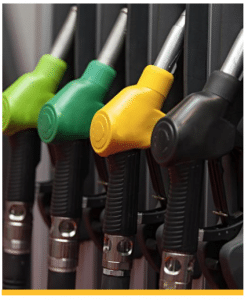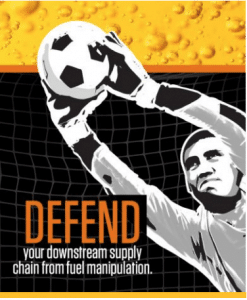
ADDISON, Texas, September 30, 2019 – Authentix®, the authority in authentication and information services, announced that its Senior Vice President and General Manager of Currency and Tax Stamp, Tim Driscoll, Ph.D., has been appointed to the board of directors of the International Tax Stamp Association (ITSA). According to the ITSA, the addition of Dr. Driscoll, as well as two other new members, aims to cement the trade body’s reputation as an authoritative voice on illicit global trade and effective revenue protection solutions.
As the authority in authentication solutions, Authentix helps customers thrive in supply and distribution chain complexity. Authentix provides advanced authentication solutions for governments, central banks and commercial companies, ensuring local economies grow, banknote security remains intact and commercial products have robust market opportunities. The Authentix partnership approach and proven sector expertise inspires proactive innovation, helping customers mitigate risks to promote revenue growth and gain competitive advantage.
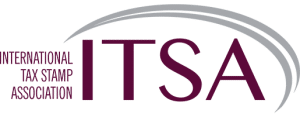 The International Tax Stamp Association is a not-for-profit organization working to ensure a better understanding of the benefits of tax stamps and tax stamp technology. ITSA promotes high professional standards through education, research and advocacy, and develops as well as promotes best practices. ITSA is led by seven board members and consists of 23 high-profile companies and stakeholders who recognize the critical role of tax stamps. Membership is open to legally incorporated companies that supply tax stamp components and features, finished tax stamps, equipment for stamp design, manufacture, application and authentication, and systems for coding and marketing stamps.
The International Tax Stamp Association is a not-for-profit organization working to ensure a better understanding of the benefits of tax stamps and tax stamp technology. ITSA promotes high professional standards through education, research and advocacy, and develops as well as promotes best practices. ITSA is led by seven board members and consists of 23 high-profile companies and stakeholders who recognize the critical role of tax stamps. Membership is open to legally incorporated companies that supply tax stamp components and features, finished tax stamps, equipment for stamp design, manufacture, application and authentication, and systems for coding and marketing stamps.
“Authentix has been impressed by the organization’s progress and global leadership in promoting best practices and standards for the implementation of effective tax stamp programs. I am looking forward to assisting the leadership team and continue these efforts to demonstrate how excise tax protection programs can help governments increase tax revenue collection, protect the health of their citizens, and promote economic expansion” said Driscoll.
Authentix provides authentication and track and trace solutions for governments, central banks and commercial products. Driscoll has played a critical role in expanding the company’s tax stamp division with the launch of the Ghana Revenue Authority program. Today, Authentix supplies and manages multiple excise tax recovery programs for national governments across the globe and produces in excess of 10 billion stamps annually. Authentix recently demonstrated its commitment to expanding market share in offering tax stamp solutions through the acquisition of UK-based Security Print Solutions (SPS), one of the premier Intergraf certified security printers in the business. This acquisition expanded Authentix’s print capacity and global delivery capability and also opened up new markets in high security documents. Dr. Driscoll has also been leading the company’s expansion into the banknote protection industry through design, development and implementation of Level 3 security solutions for multiple central banks worldwide.
More than 150 revenue agencies (national and state governments) globally use tax stamps to enforce collection of duties and excise tax payments, involving the worldwide production of some 150 billion units annually. As well as providing visible proof of tax payment and revenue collection, tax stamps have also taken on product authentication, anti-tampering and track and trace applications. More information can be found at www.tax-stamps.org and www.authentix.com/governments/taxstamp.
About Authentix
As the authority in authentication solutions, Authentix helps customers thrive in supply and distribution chain complexity. Authentix provides advanced authentication solutions for governments, central banks and commercial companies, ensuring local economies grow, banknote security remains intact and commercial products have robust market opportunities. The Authentix partnership approach and proven sector expertise inspires proactive innovation, helping customers mitigate risks to promote revenue growth and gain competitive advantage. Headquartered in Addison, Texas USA, Authentix, Inc. has offices in North America, Europe, Middle East, and Africa serving clients worldwide. Authentix® is a registered trademark of Authentix, Inc. For more information, visit https://www.authentix.com.
##

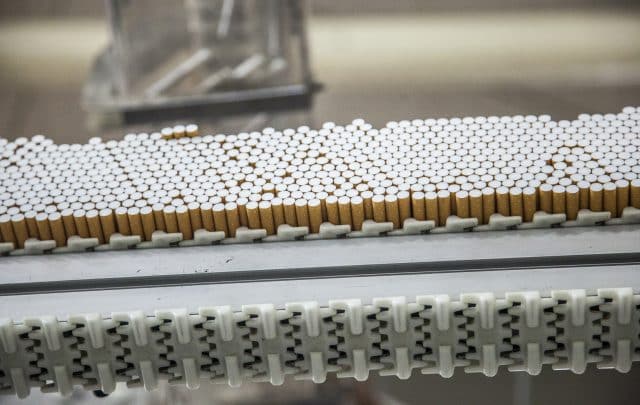
 social economic programs to seizing contraband. Compliance with the FCTC promotes these efforts, helps protect public health and welfare, and enables a safer market for legal tobacco products − and that’s good news
social economic programs to seizing contraband. Compliance with the FCTC promotes these efforts, helps protect public health and welfare, and enables a safer market for legal tobacco products − and that’s good news 
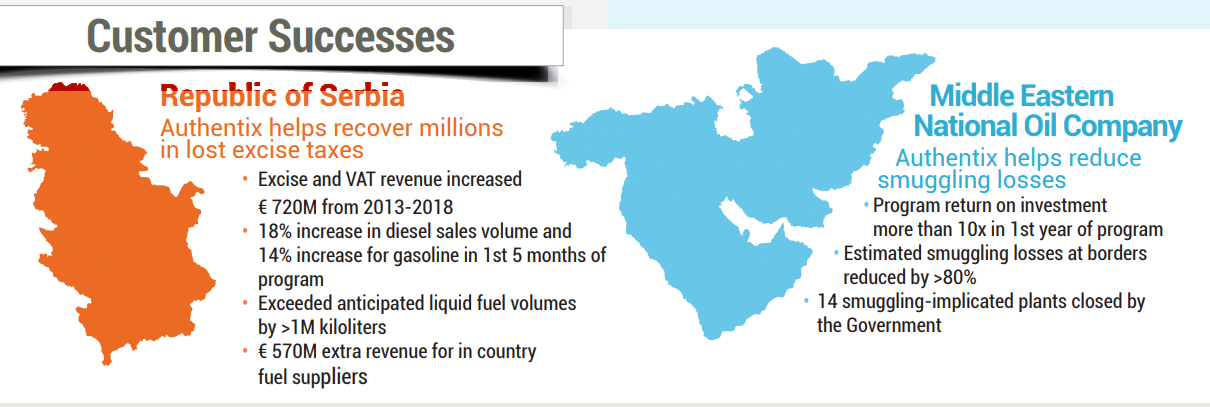

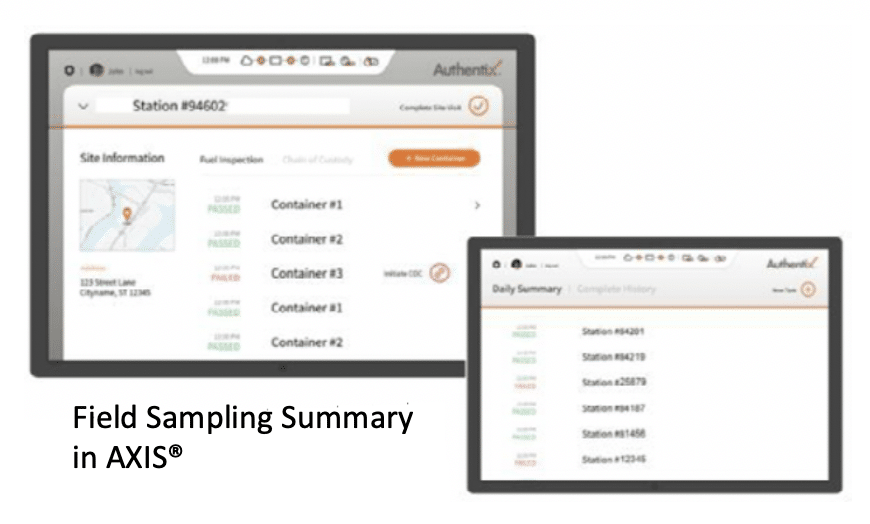
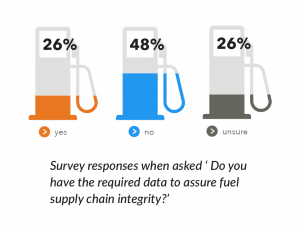
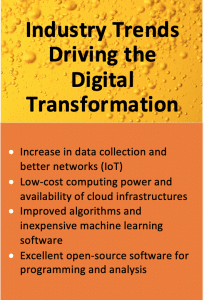
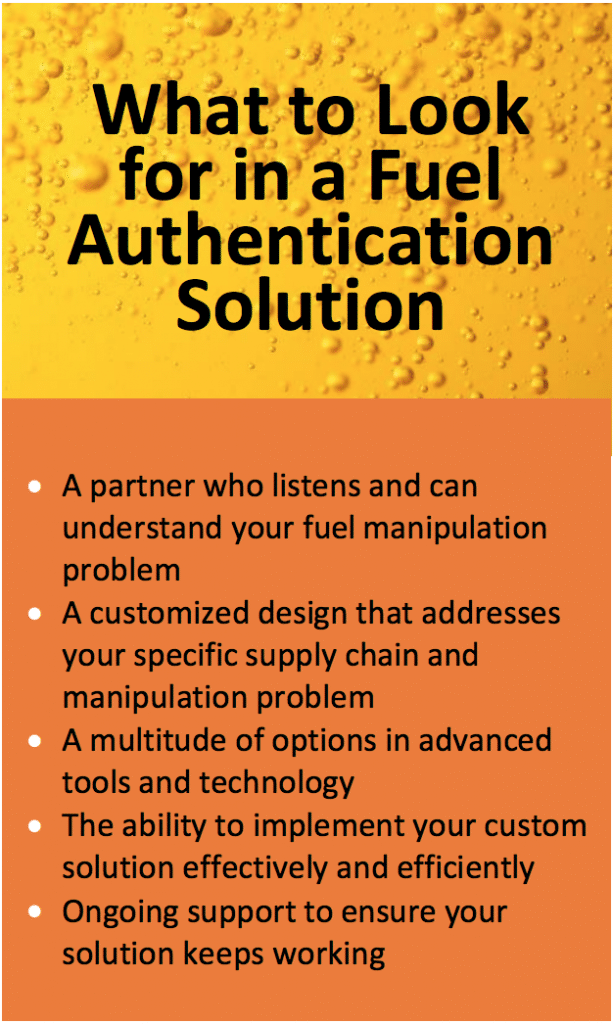
 Get advice from a pro
Get advice from a pro
